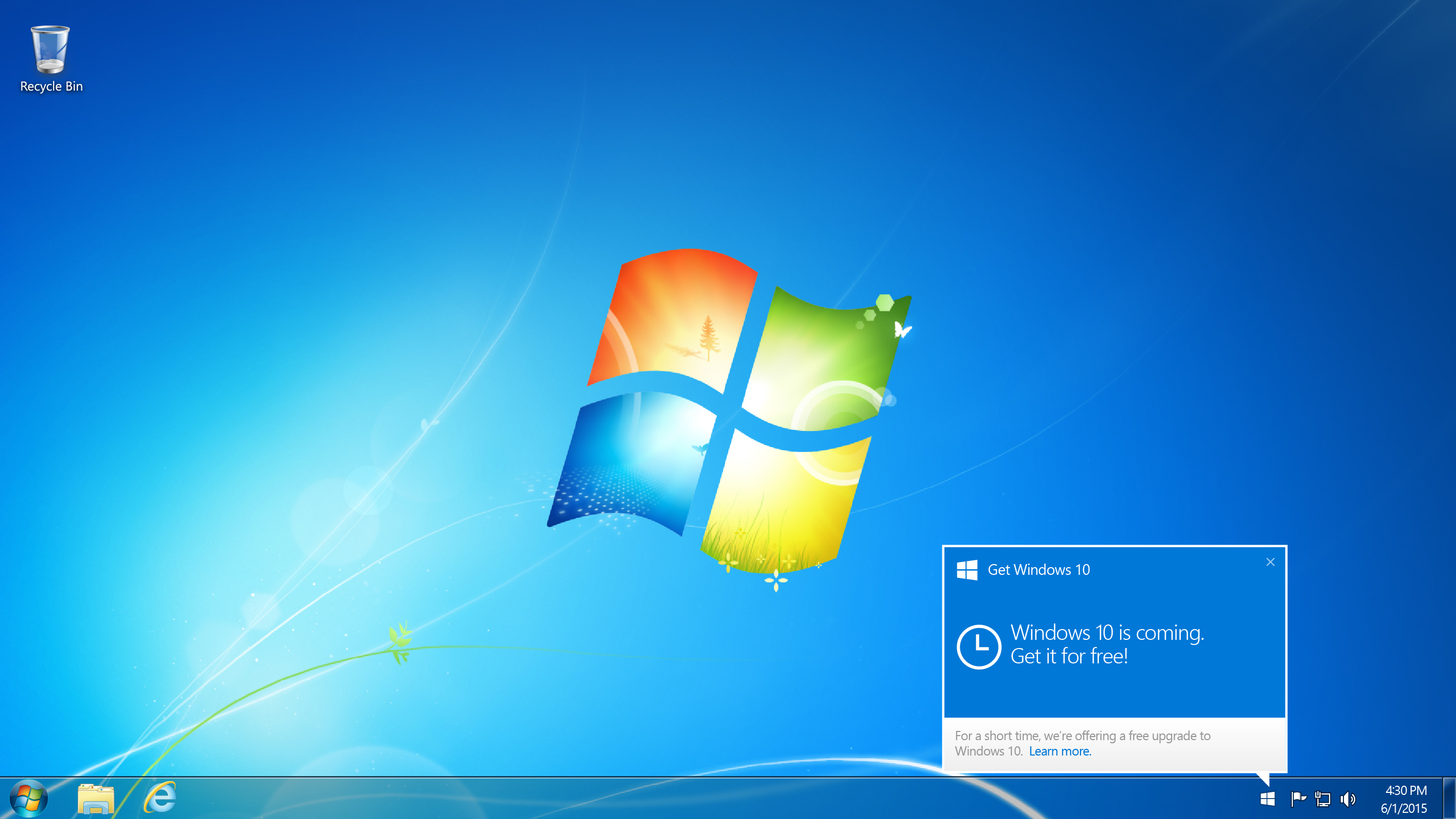

Microsoft has said it plans to modify child-monitoring features in Windows 10 as a result of user comments on the privacy changes introduced in the operating system, which has been criticised for collecting large amounts of user data by default.
“In today’s connected world, maintaining our privacy is an incredibly important topic to each of us,” Terry Myerson, head of Microsoft’s Windows and Devices Group, said in a blog post.
He said the company plans to make changes to the default settings for accounts designated as being those of children, which have been criticised for allowing parents to receive weekly reports on their children’s Internet activity. Myerson said an “upcoming” Windows 10 update will modify these default settings “to be more appropriate for teenagers, compared to younger children”. He didn’t specify when the update would be released.
The change is an “example of direct response to feedback we’ve received”, Myerson wrote.
Windows 10 has been attacked by privacy advocates for default settings under which the software sends large amounts of personal user data to the company, after the model of smartphone operating systems such as Apple’s iOS and Google’s Android, which also do so.
The data is used to personalise advertisements during web viewing or in ad-based applications, to power the personal assistant Cortana, Microsoft’s answer to Apple’s Siri, and to improve software reliability, Microsoft has said.
For instance, for Cortana Microsoft’s terms of service say the company “collects and uses various types of data, such as your device location, data from your calendar, the apps you use, data from your emails and text messages, who you call, your contacts and how often you interact with them on your device”.
While Myerson didn’t disclose any immediate plans to change these defaults, he emphasised that users are free to modify Windows 10’s settings to disable most of this data collection.
“You are in control of the information we collect for these purposes and can update your settings at any time,” he wrote.
The telemetry data collecting system stability information is an exception, and can only be turned off by enterprise users, something Microsoft “strongly” recommends against, according to Myerson.
His remarks don’t directly address the concerns mentioned by privacy advocates and in user complaints on sites such as Hacker News and Reddit, namely that the settings are overly broad by default, with opt-out settings spread across numerous locations in the system.
The European Digital Rights Organisation (EDRi) summed up Microsoft’s Windows 10 privacy terms by saying, “Microsoft basically grants itself very broad rights to collect everything you do, say and write with and on your devices in order to sell more targeted advertising or to sell your data to third parties.”
The software’s approach follows that common in the smartphone world, with Apple and Google both collecting user data to power Siri and Google Now and both companies making use of data to personalise mobile ads.
Mobile apps on both iOS and Android have become notorious for collecting and tracking personal user information such as location data.
Windows 10 has followed the lead of mobile operating systems in other ways as well, such as in making the built-in game Solitaire, which dates back to Windows 3.1, a “freemium” application that displays ads until users pay.
A mobile version of Windows 10 is set for release later this year, replacing Windows Mobile.
The operating system has caught on remarkably quickly since its launch on 29 July, taking over more than five percent of the PC market by early September, according to NetMarketShare.
Overall, Windows 7 still led the way at that time, running on 57.67 percent of desktops, followed by Windows XP with 12.14 percent and Windows 8.1 with 11.39 percent.
Are you a security pro? Try our quiz!
American space agency prepares for testing of Boeing's Starliner, to ensure it has two space…
As UK and Europe develop closer military ties, European Commission says it will invest €1.3…
Zuckerberg seeks to revive Facebook's original spirit, as Meta launches Facebook Friends tab, so users…
Notable development for Meta, after appeal against 2021 WhatsApp privacy fine is backed by advisor…
First sign of shake-up under new CEO Lip-Bu Tan? Three Intel board members confirm they…
Trump's nominee for SEC Chairman, Paul Atkins, has pledged a “rational, coherent, and principled approach”…